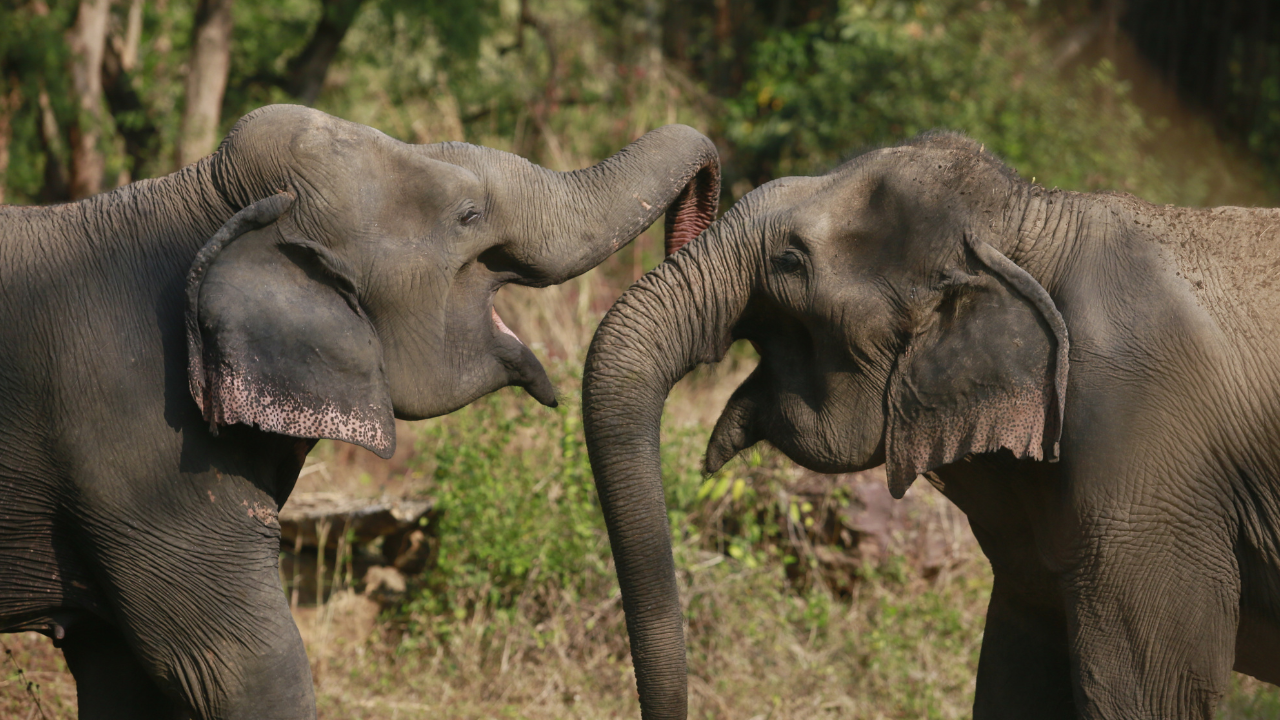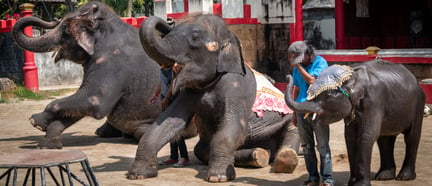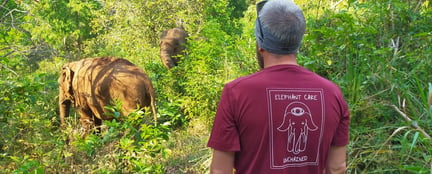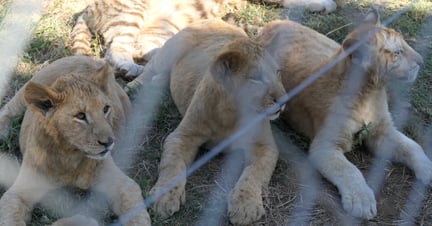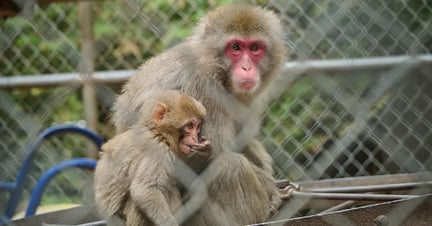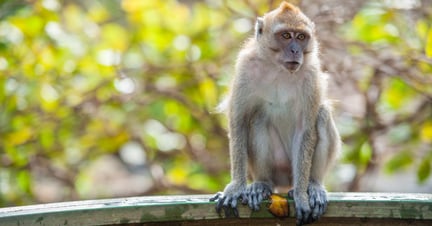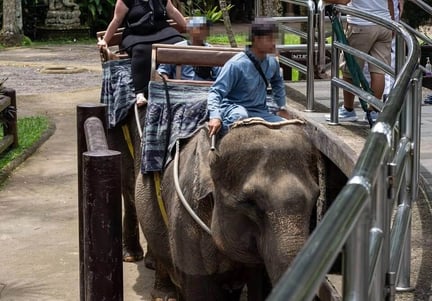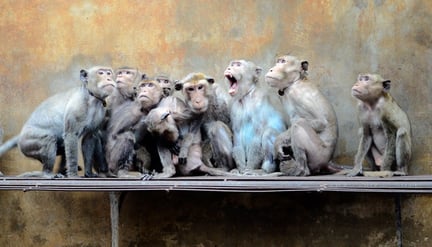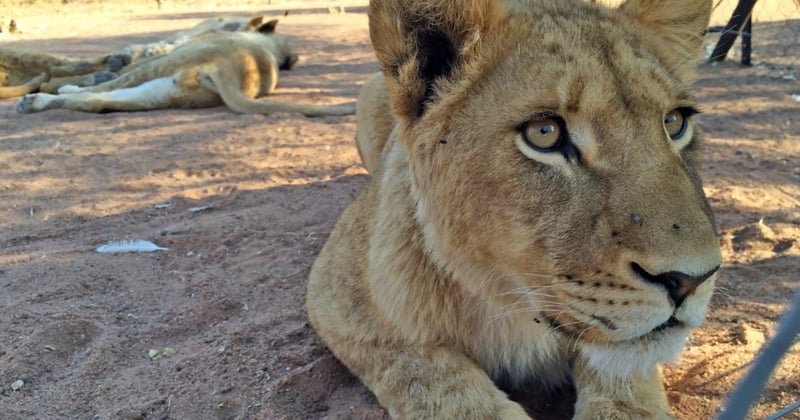
Bangkok zookeeper killed by lions highlights risks of wildlife tourism
News
The death of a Safari World zookeeper in Bangkok shows the dangers of using wild animals for entertainment and the urgent need for tourism reform.
A zookeeper at Safari World in Bangkok has died after being attacked by lions during feeding. The incident, witnessed by tourists visiting the park, has drawn widespread attention both in Thailand and internationally.
The victim, identified as 58-year-old Jian Rangkharasamee, was fatally mauled after leaving his vehicle in the lion enclosure.
Visitors attempted to intervene by honking car horns and shouting to scare the animals, but the attack could not be stopped.
Authorities are investigating the circumstances of the tragedy.
World Animal Protection Thailand expresses our deepest condolences to the family and colleagues of the staff member who lost his life in this shocking incident at Safari World.
This tragic incident should never have occurred, leaving deep wounds not only on those directly affected but also the country's reputation as a tourist destination.
Wild animals are not entertainment
The fatal attack serves as a reminder that wild animals should never be used for tourist entertainment.
Whether in performances, commercial zoos, or safari parks that attempt to recreate natural settings, confining wild animals puts both people and animals at risk.
Lions, as apex predators, retain their natural instincts and defensive behaviours even in captivity. While these are normal for the animals, they can have deadly consequences for humans.
When such attacks occur, animals are often blamed or even killed for acting on instincts that should never have been suppressed in the first place.
Captive lion population in Thailand is rising
Research shows that the number of lions kept in captivity in Thailand has risen sharply, from 131 in 2018 to 444 in 2024 - an increase of 239% in just six years.
Even more concerning, private ownership has reportedly surged by more than 1,300% in the same period.
These figures come from a 2025 peer-reviewed study, published in Discover Conservation, which warns that ineffective legislation is allowing the commercial exploitation of lions to grow unchecked.
The study highlights the risks posed to both public safety and animal welfare, alongside links to illegal wildlife trade.
Call for urgent reform
World Animal Protection Thailand has called for urgent action to ensure that tragedies like this never happen again.
The team is urging authorities to review and strictly enforce laws on the keeping and use of wild animals, and to move towards an end to breeding, importing and private ownership of wild animals for commercial purposes.
Alongside legal reform, sustainable and ethical alternatives must be promoted.
Wildlife-friendly tourism that respects animals in their natural habitats, eliminates commercial exploitation, and prioritises safety can protect both people and animals while enhancing Thailand's global reputation as a responsible travel destination.
A moment for change
This unfortunate and avoidable death at Safari World are a result of the risks created by using wild animals for profit.
Without systemic change, these tragedies will continue to undermine animal welfare and public safety.
The venue also promotes harmful activites, such as performing dolphin shows and orangutan boxing, which condition wild animals to behave in extremely unnatural ways.
World Animal Protection Thailand is calling for and urging immediate reform to prevent further loss of life and to end the commercial exploitation of lions and other wild animals.
Related content
Protecting wildlife in travel & tourism
Wildlife
Would a real responsible traveller have captive wildlife entertainment on their wish list?
Wildlife Heritage Areas
Heritage Sites
A global programme recognising responsible wildlife-watching destinations that incorporate high standards of animal welfare and biodiversity conservation
What is wildlife farming?
Ending commercial exploitation
Wildlife farming is the commercial breeding and raising of wild animals. Learn how you can take action to prevent their exploitation.
